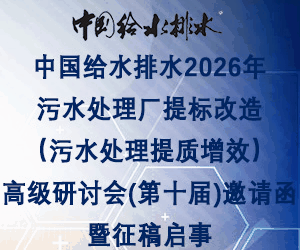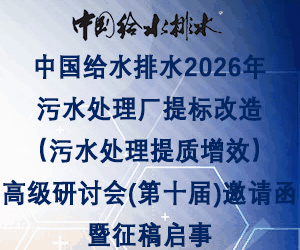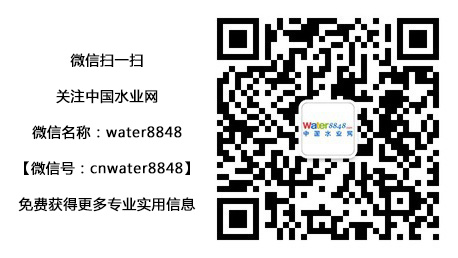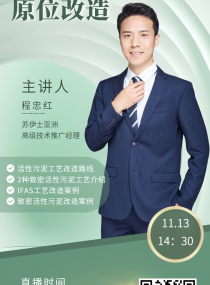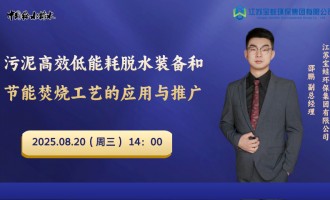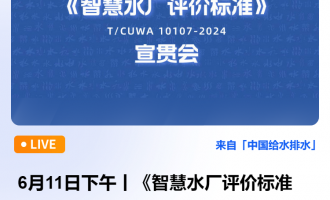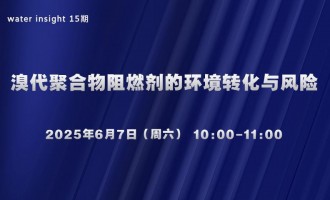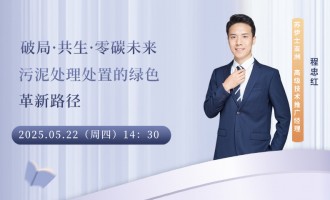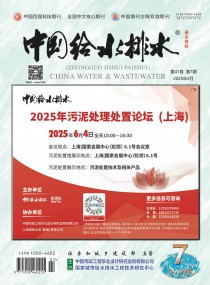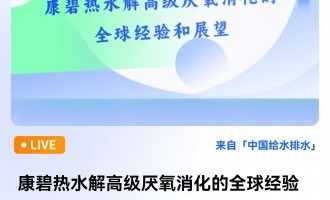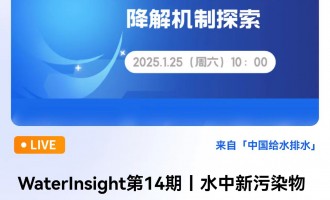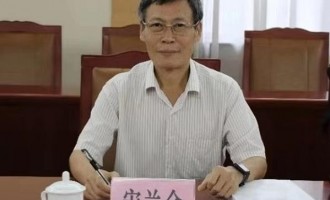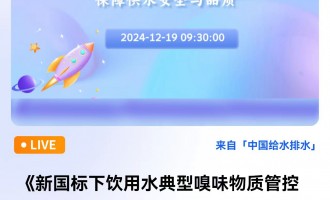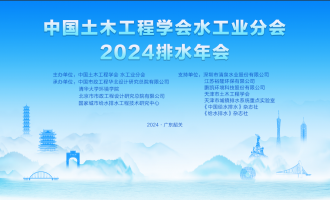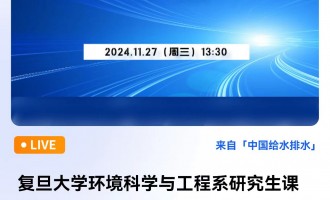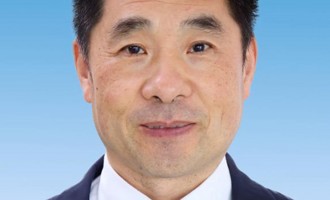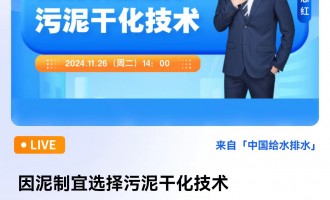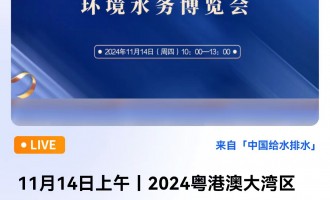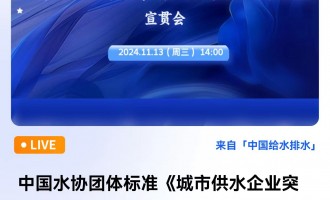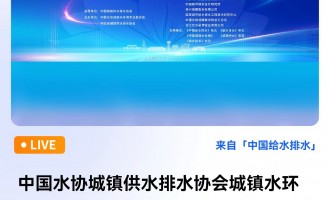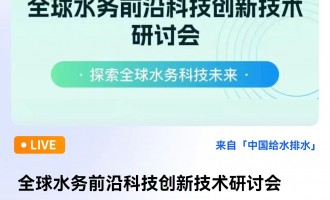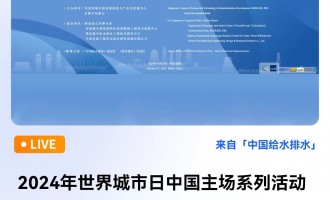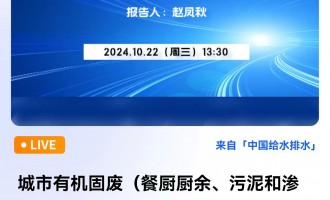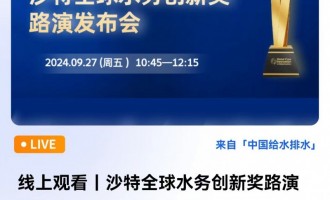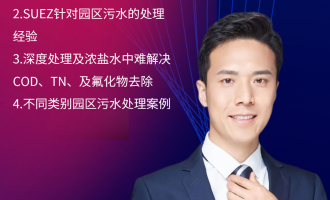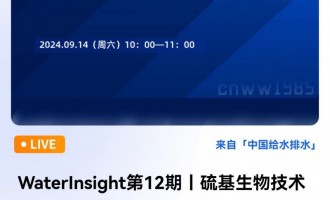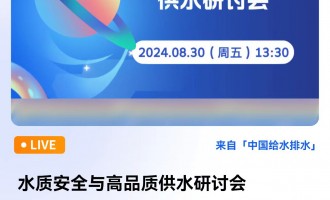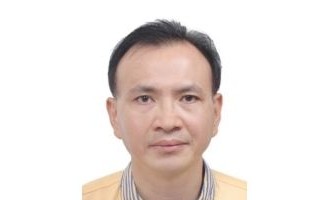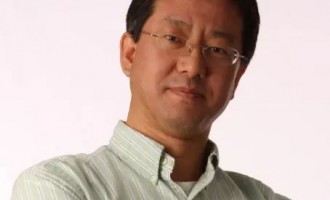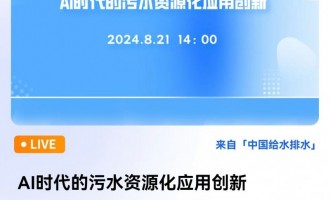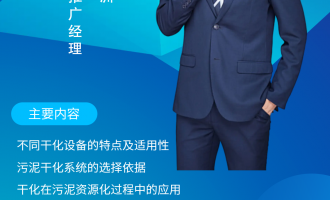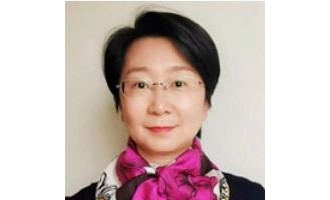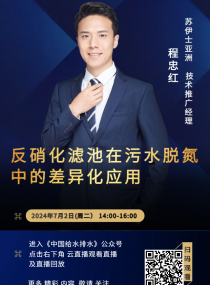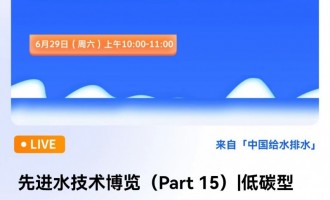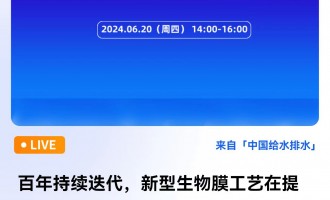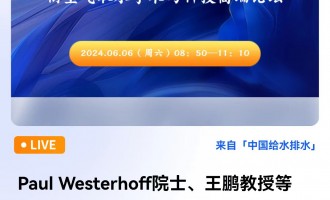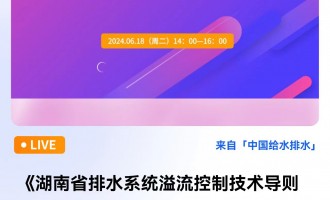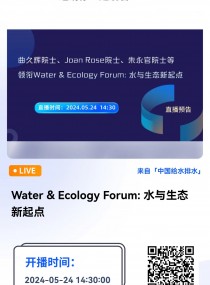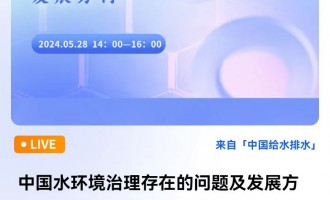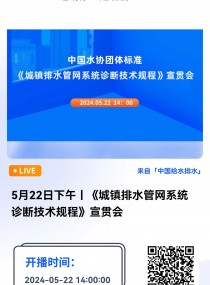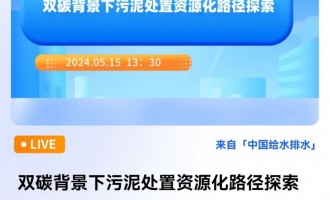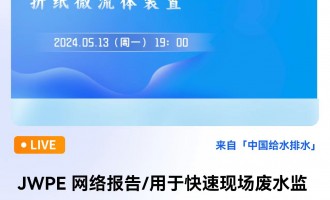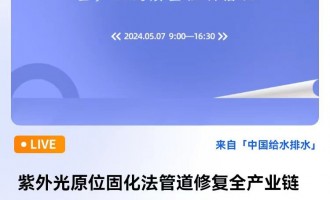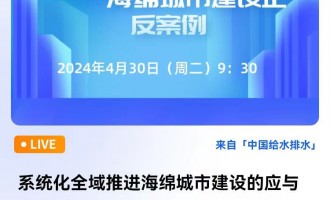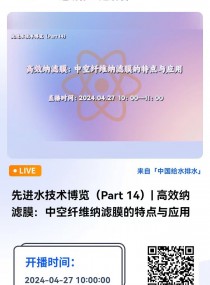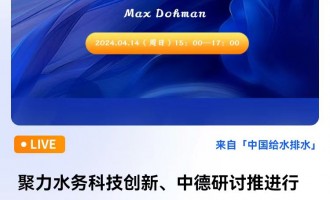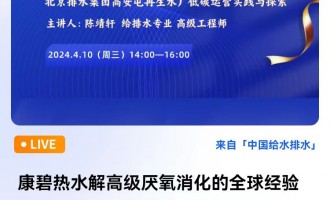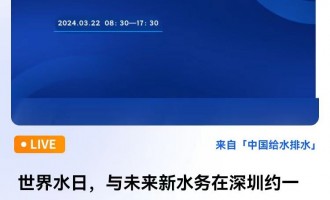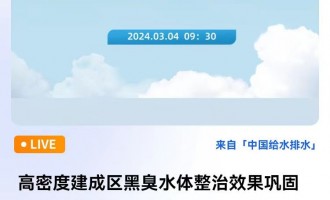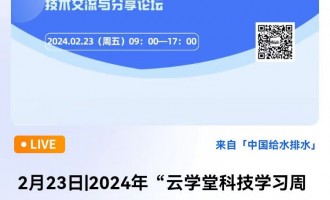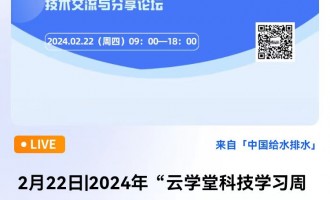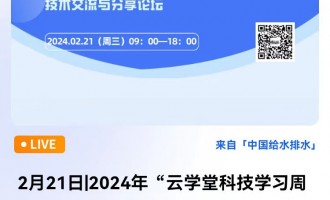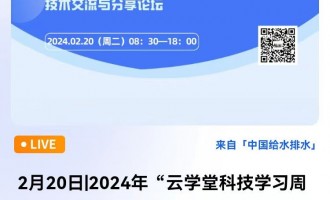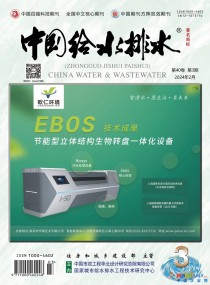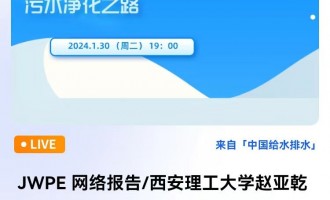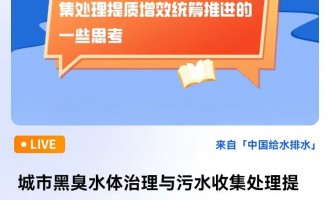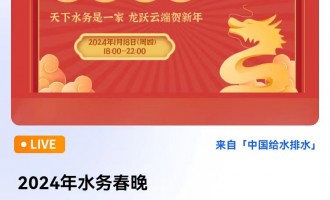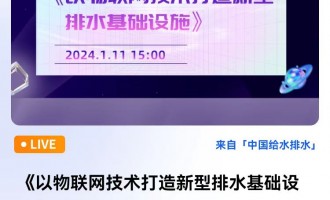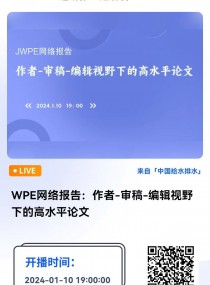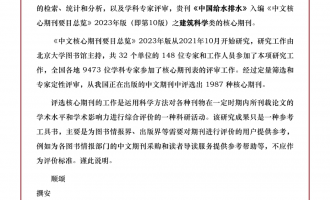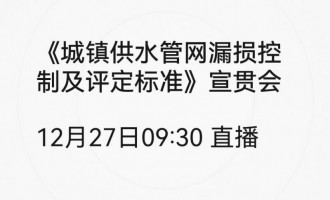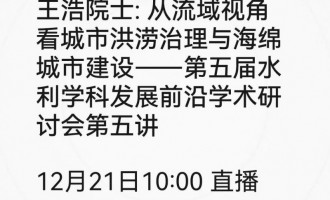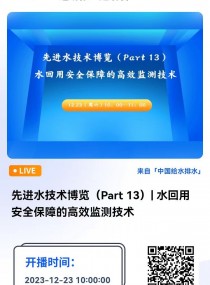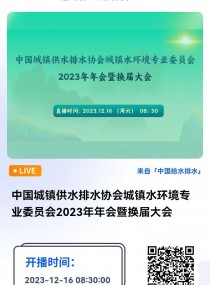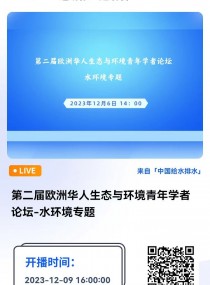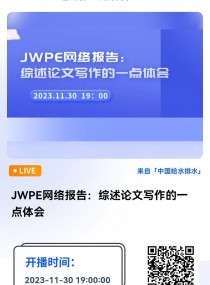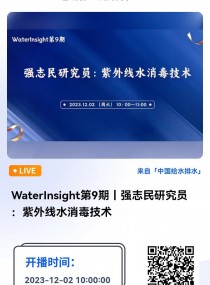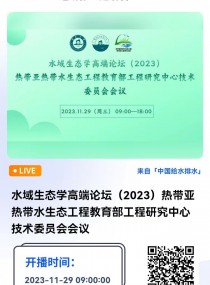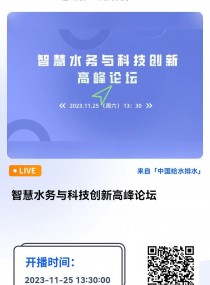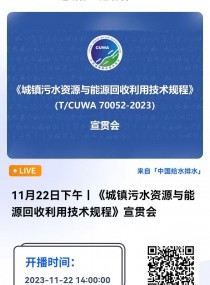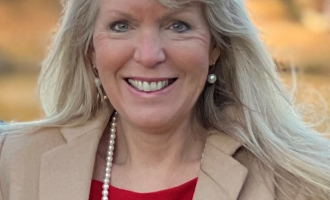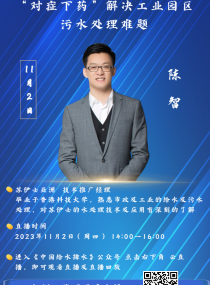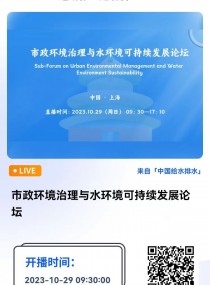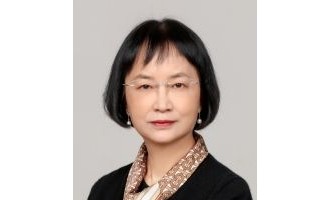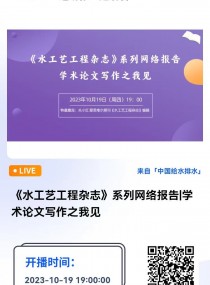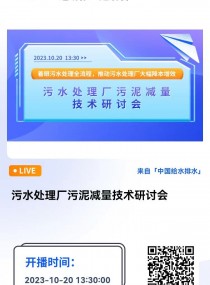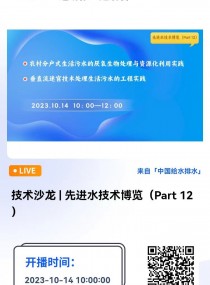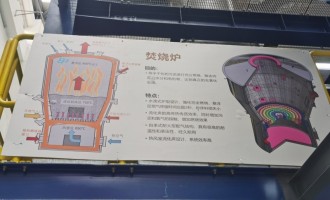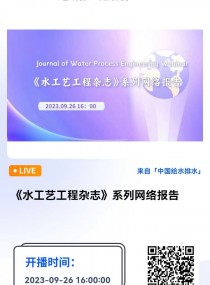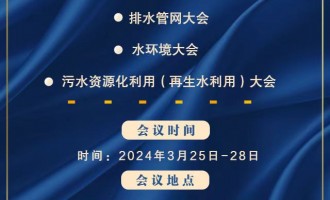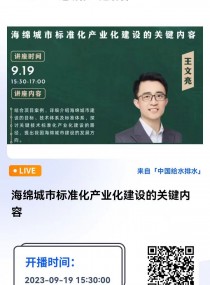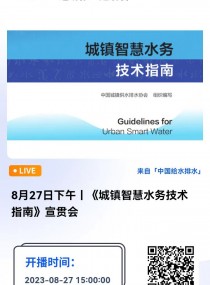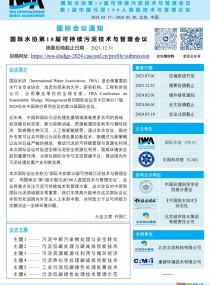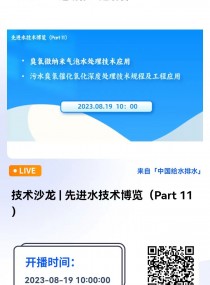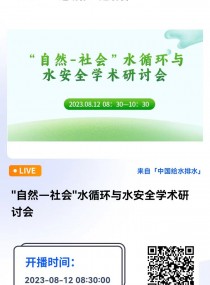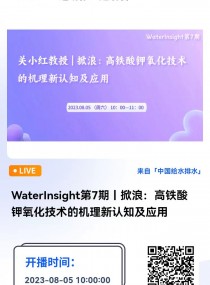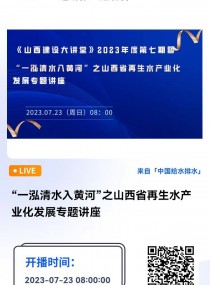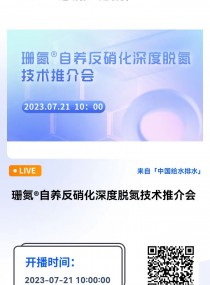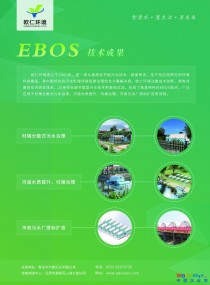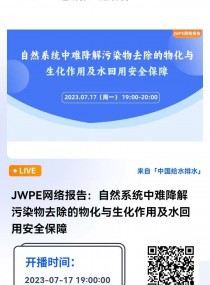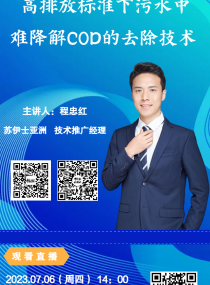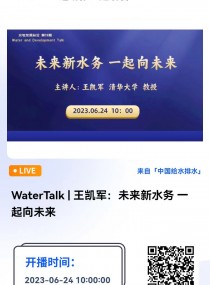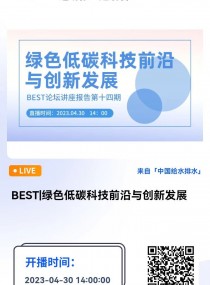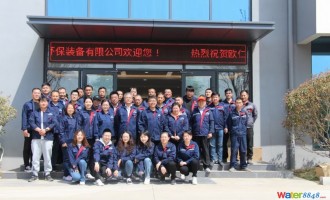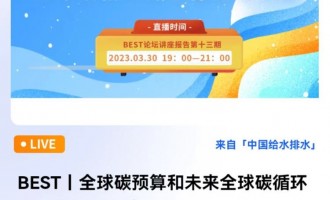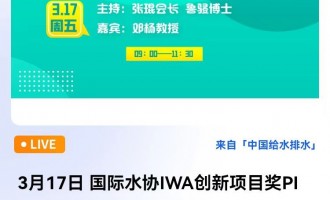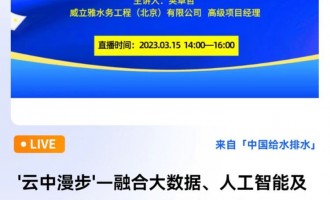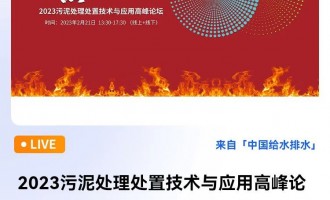-
16th International Conference on Urban Drainage (ICUD 2024), 19-23 January 2024, Delft, the Netherlands
Scope
Urban drainage systems are designed to convey stormwater runoff and sewage flows of magnitudes varying from low dry-weather flows to floods, control fluxes of pollutants resulting from human activities, and contribute to the general well-being of the urban population. Furthermore, such goals should be accomplished within the framework of integrated management of urban waters, with minimal impacts on receiving waters, in a cost-effective way, and under conditions of steadily increasing populations of large cities. In view of these high demands, urban drainage is becoming a key issue in the management of urban water resources.
The main objective of the Joint IAHR/IWA (International Water Association) Committee on Urban Drainage is to promote an ecosystem approach to the planning, design and operation of urban drainage. This objective supports sustainable development of urban areas, protects their natural environment, and requires that hydrologic, hydraulic, water quality and ecological issues of drainage design are properly considered in a cost-effective integrated way. Computer modelling, operational research techniques and expert systems are standard tools for the optimisation of drainage design, operation and their associated costs.
Every urban area has its special characteristics depending on climate, topography, development, engineering practices, institutional and political framework, population and economy. Thus, there are no universal solutions which could be recommended under all circumstances and the state-of-the-art solutions have to be examined and promoted with respect to the specific local conditions and drainage problems. For example, drainage problems in developing countries as well as in the newly established democracies in Eastern Europe need special considerations. These countries are facing great difficulties in dealing with environmental issues under adverse economic conditions, strong competition among various sectors for limited available funds, and the lack of effective institutional arrangements that can resolve these problems.
The Joint Committee organises the triennial International Conferences on Urban Storm Drainage, related workshops and training courses, supports regional or specialty conferences, publishes technical reports and a comprehensive annual newsletter, and initiates research on important issues.
Research Agenda
Rainfall/Runoff Processes and Modelling: The theoretical development of rainfall/runoff models has reached maturity and further progress will be incremental . Current research issues include adaptation of models for use in the realm of hydroinformatics (i.e., in conjunction with special databases), use of radar-measured rainfall data including moving rainstorms, efficient routing of pressurised flow in a computing environment with full graphical support, refinement of flow quality modelling, consideration of management options (storage and treatment facilities), interactive, dynamic control required in real-time control studies, and realistic modelling of sediment transport and flow quality.
Assessment of Stormwater and CSO Quality and Its Impacts: The traditional approach to stormwater and CSO (Combined Sewer Overflow) quality focused on chemical characterisation with successive emphasis on solids, biodegradable matter, nutrients, heavy metals, hydrocarbons, and trace organic contaminants. These chemical protocols often fail to distinguish between toxic and non-toxic contaminants, their bioavailability or the synergistic effects of chemical cocktails. Hence, current research focuses on the assessment of stormwater and CSO quality by ecotoxicity measurements. Further development of methods for the assessment of stormwater and CSO impacts is needed, using such concepts as biotesting, biomonitoring and biological community assessment. Some of these methods can be also used for monitoring impacts of thermal enhancement of urban runoff. The methodology to be developed needs to recognise the time-dependent nature of CSO and stormwater impacts, and the associated acute and cumulative effects.
Role of Sewer Sediment: Sewer sediments cause numerous problems in drainage operation, including loss of hydraulic capacity, concentration and transport of pollutants, septicity accompanied by gas and corrosive acidity production, and a risk of washout into the receiving waters or overloading at the wastewater treatment plant. Furthermore, many treatment or control options applied to CSOs and stormwater result in sediment settling and accumulation (e.g. in stormwater ponds, CSO tanks), and the settled sediment causes problems similar to those caused by sewer sediment, including impacts on water quality in the overlaying water column. Progress has been made in mathematical description of transport of sewer sediment, either as a suspended load, or bedload. Options for sediment control have been developed, and generally include combinations of management practices in urban catchments, including source controls and improved maintenance of streets and catch basins, and in-system improvements. New research should focus on the behaviour of cohesive sediments, and the water quality impact of contaminated sediments.
Stormwater Management: Best management practices (BMPs) mitigate the impacts caused by progressive urbanisation, including increased discharges and volumes of runoff, and export of pollutants or heat from urban catchments. Although individual BMPs vary due to differences in climate, stormwater characteristics, local conditions, design procedures, and modes of operation and maintenance, international experience with BMPs can be summarised in the following four points: (1) No single BMP offers a universal solution to stormwater pollution; (2) BMPs should be considered as part of the treatment train, which starts in the catchment, continues in the collection system and a series of complementary BMPs, and ends with in-stream measures; (3) The sustainability of BMPs has to be ensured through proper operation, design modifications (where required to meet the original objectives) and maintenance; and, (4) Even though well-designed BMPs provide stormwater quantity and quality control, visual amenities, and wildlife habitat, they must be recognised as wastewater treatment facilities that may impact on wildlife and cause contaminant entry into the food chain. Further research is required on new BMPs (e.g. biotreatment systems), advanced knowledge of BMP performance in a treatment train and under special conditions (sensitive receiving waters, urban redevelopment, cold climate, tropical climate), their sustainability by proper maintenance, and their role in sustainable urban development.
CSO Control: Perhaps the greatest innovation in CSO control is the introduction of the integrated management approach to CSOs, considering the catchment drainage (including the collection system), wastewater treatment plant (WTP) and the receiving waters. In fact, only this integrated approach to pollution control offers a true assessment of the effectiveness of individual system components and a basis for their optimal design. In the analysis of CSO control, several components are considered - source controls, storage (in-line and off-line), treatment (both central and satellite), and in-stream measures. Source controls address both reduced influx of stormwater (e.g. by such BMPs as infiltration) and controls of dry weather flow or solids deposits (storage prior-to storms, reduced pollutant fluxes through regular maintenance etc.). Temporary in-system storage can be created by oversized storage pipes, or off-line by special storage facilities. Recognising that the methodology for CSO control by storage is well developed, the current research focuses on treatment processes for CSOs, including lamellar settling, degritting with a chemical stage for pre-treatment and flotation reactor, chemically aided settling with microsand, and UV disinfection for protection of recreational uses of the receiving waters.
The complexity of sewer systems, and the dynamics of flow, storage, loads and treatment processes, make it particularly desirable to control the sewerage/treatment/receiving water systems in real time. Real time control (RTC) was found particularly useful in systems with operation problems varying in type, space and time, and with some idle capacity. Further research continues on RTC of quality of wastewater and receiving waters, and reliable hardware.
Hydroinformatics: Functional, spatial and temporal integration required in comprehensive drainage studies necessitates the use of computer models. The international modelling practice continues to be dominated by a limited number of well-supported and continuously updated modelling packages incorporating some aspects of hydroinformatics and merging environmental modelling with information technology. A wide range of options available in some of these tools allows to address comprehensive drainage/environmental systems, including the collection system, management and control schemes, WTPs and receiving waters. Expert system supports and RTC simulation modules are also available. Further refinement of such tools through new research is desirable.
Awards
At the tri-annual ICUD conference the JCUD hands out three awards:
-
The prestigious Career Achievement Award
-
The Midcareer Achievement Award and
-
The Poul Harremoes Award


